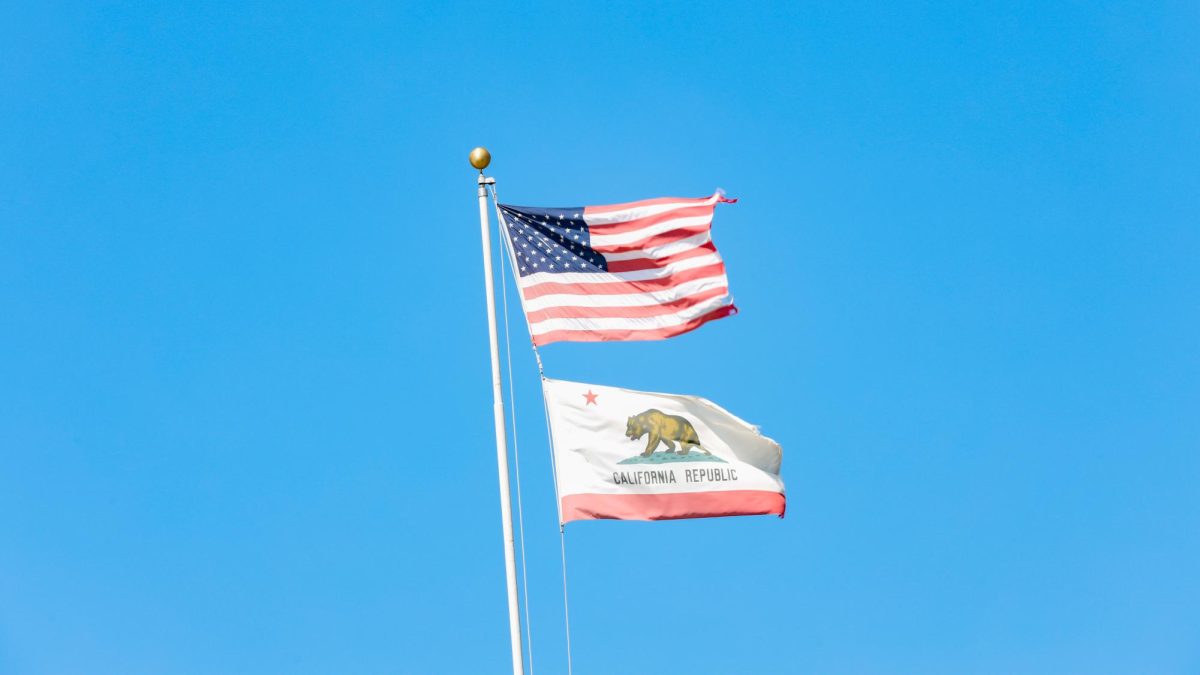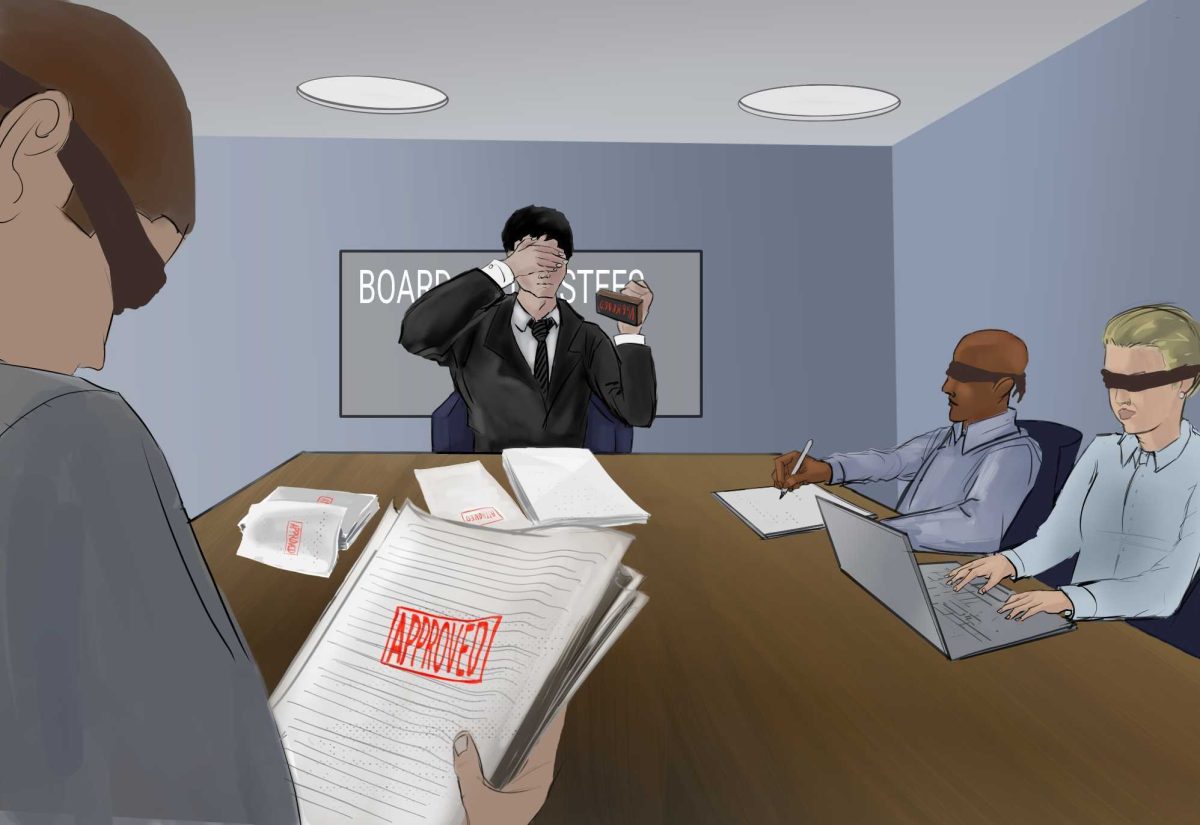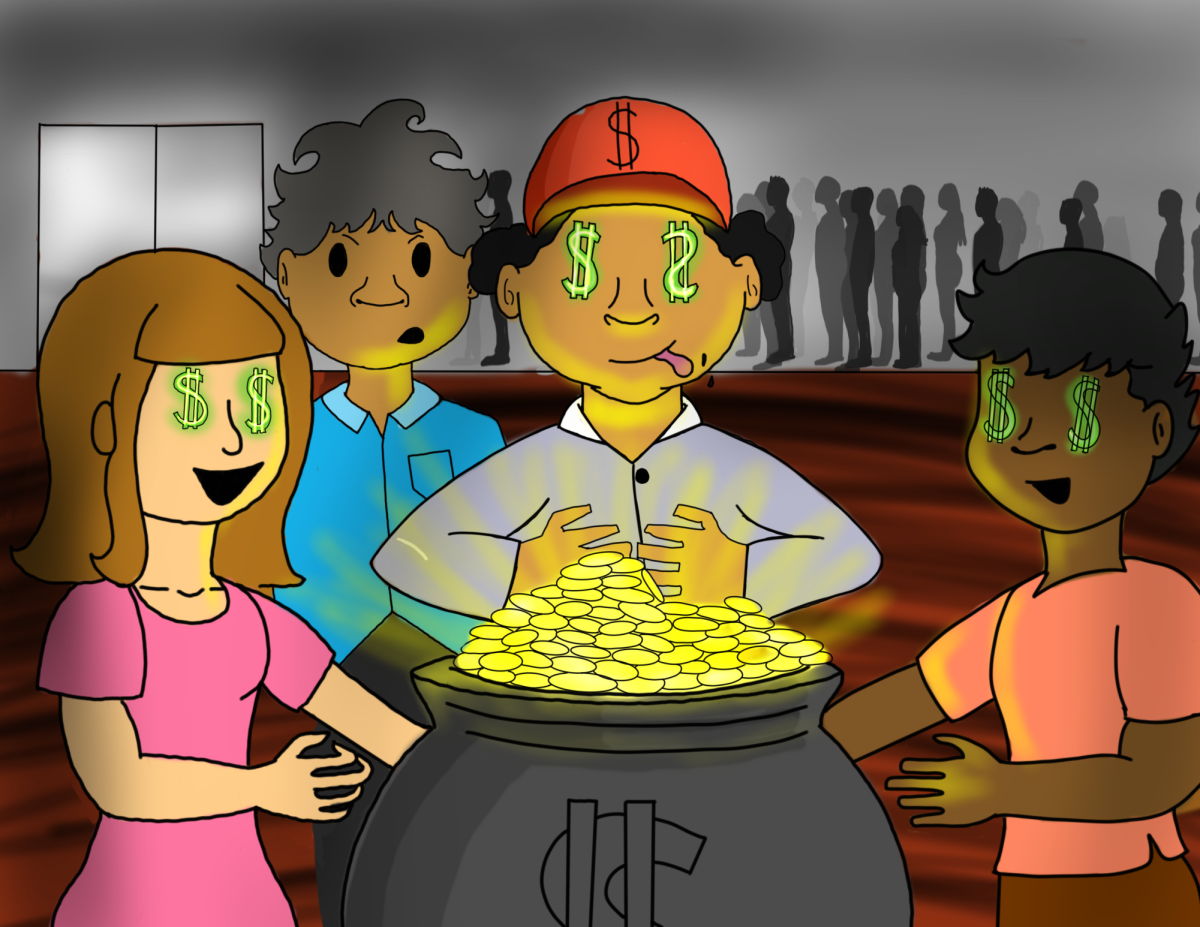With the future of the economy still in hiatus, the government’s hypothetical solution of nationalizing banks will have no actual profit, especially when the money to pursue this proposal is leaving the pockets of taxpayers empty.
The success story of the U.K.’s banking rescue plan that occurred last October which included nationalizing the country’s banking systems is an example of what could happen if we were to nationalize our banks, but so is the possibility of a repeat of the Freddie Mac and Fannie Mae chaos that put the economy in this position in the first place.
One crucial part of the argument to nationalize our banks is that bailout packages have already been issued to bank companies in the past, which were estimated to be billions of public dollars and yet still there has not been a noticeable increase in liquidity in the credit markets.
Now the estimated cost of nationalization for our banking system is $1.5 trillion needed to “help stabilize” our banking systems.
The whole process of nationalization is not about the money: it’s about taking charge of what goes in, what goes out and making sure it is being managed in the right way. All taxpayers are doing is paying for another problem.
When the U.K. created their banking rescue plan last October, the whole proposal was estimated to cost the country only $850 billion and evidently stabilized the entire system. About $500 billion was given to be used for funding of loans and guarantees, while $200 billion was given to provide for short term loans and $25 billion was used to increase market capitalization leaving about $100 billion extra for any assistance in the nationalization process if needed.
In our country’s case, the money will directly go to sectors of the economy that are in trouble or those with the lowest rates of return.
Nationalization would only create more political pressures to pursue social goals like lending money to low-income people.
The process of nationalization would have taken effect months ago if the government saw it as a good resolution.
Since the economy is getting worse each day and with constant stock market decreases and people being laid off by the thousands, it’s hard to say where the money would actually come from for a nationalization process if taxpayers are running out of money themselves.








